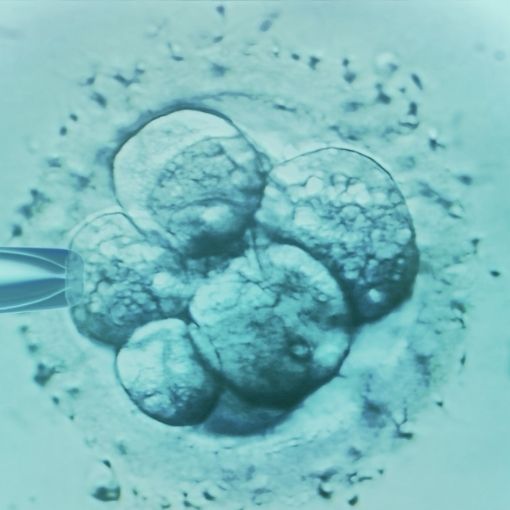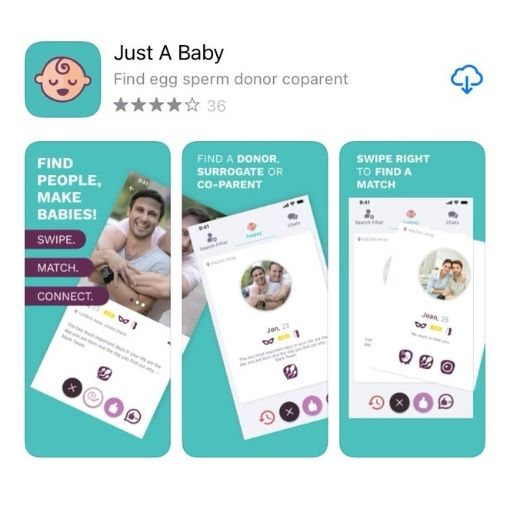It feels absolutely wrong in this day and age that infertility and miscarriage are still considered taboo subjects. People going through the pain of infertility seldom talk about it, and those around them who have never been through the same have no idea how to react.
When I lost my first pregnancy at 21 weeks back in 2002, several work colleagues and friends actively avoided me in the weeks that followed. I saw them physically turning the other way if there was a chance they might have to interact with me. I get it. It’s a tricky subject to discuss. Many don’t know what to say. The subject has such a strong stigma attached to it. But considering that around 1 in 7 couples suffer from infertility and approximately 10-20% of pregnancies end in miscarriage, it’s worth questioning why we have such a hard time discussing something that touches so many people’s lives.
In this article, we will look at some of the main reasons why infertility and miscarriage are still hard to discuss and how we can help break the silence.
Infertility and miscarriage come with feelings of shame
For those of us that have known the struggle of trying to conceive, the sense of shame when it doesn’t happen can become overwhelming. You might question why your body can’t do one of the most natural things in the world, or those who miscarry may question why you cannot hold and grow a baby like other woman.
The truth is, the majority of people who experience infertility or pregnancy loss have no control over the situation. Yet, there is often a nagging feeling of guilt that something you did caused your body to do this. Infertility and pregnancy loss are not character flaws. They are genuine medical issues. When was the last time you saw a diabetic or asthma sufferer feeling guilty that they somehow caused their condition? We don’t. Because these are socially acceptable medical issues, infertility is no different. It’s not your fault, it doesn’t make you less of a woman, and you certainly shouldn’t feel ashamed.
People don’t know what to say
As I touched on in the introduction, I’ve experienced this first-hand. If you tell someone that you are infertile and going through treatment or that you have lost a pregnancy, it can make them feel deeply uncomfortable. This feeling of discomfort can cause people who don’t understand your situation to say something unintentionally hurtful, however well they meant it. Things like:
You could just adopt
Having kids isn’t that great
Have you tried IVF?
You can always try again
Because of the stigma and lack of understanding, those going through infertility or miscarriage are less likely to talk about it. This means less people have to have these uncomfortable conversations, and those suffering are less likely to open up. We are stuck in a truely vicious cycle.
Early pregnancy loss can lead to secret pregnancy loss
As women, we have all likely heard that it is advisable to keep schtum about a pregnancy until after the 12-week scan, as the risk of miscarriage decreases significantly at this point. Unfortunately, these women who stick to the twelve-week/second-trimester rule and suffer an early miscarriage often carry their grief silently. It’s unfair that this unwritten rule exists, and women who lose a baby before announcing their pregnancy need to show up and carry on as if it never happened. No one should have to suffer in silence.
Break the silence on infertility and miscarriage
At Hoopsy, we firmly believe it’s time to break the stigma attached to talking about infertility and miscarriage. No woman should feel ashamed about any medical condition affecting her ability to conceive or grow a baby. Take action and share your experiences, and break the silence to help others feel less alone. If you are currently going through infertility or have suffered a pregnancy loss, join our Hoopsy Fertility Community, a supportive space for women to discuss all the ups and downs of trying to conceive and infertility.




